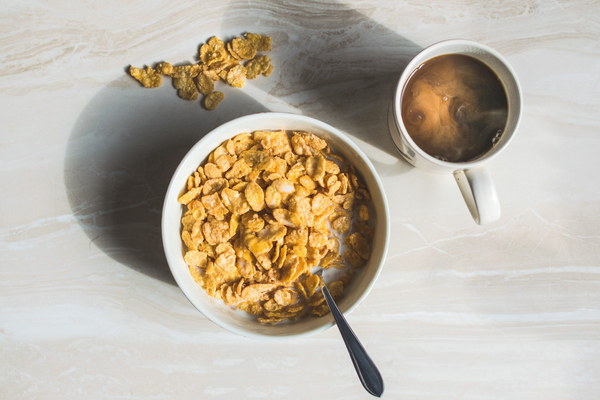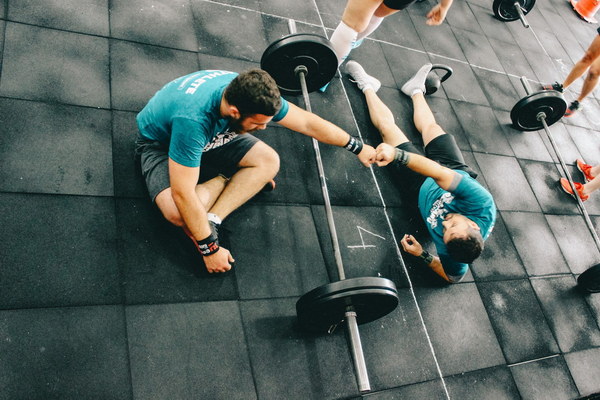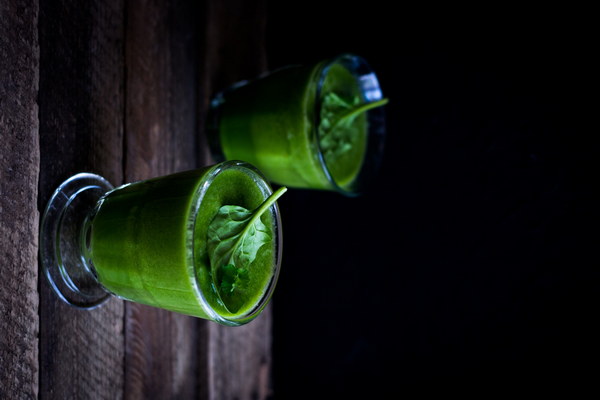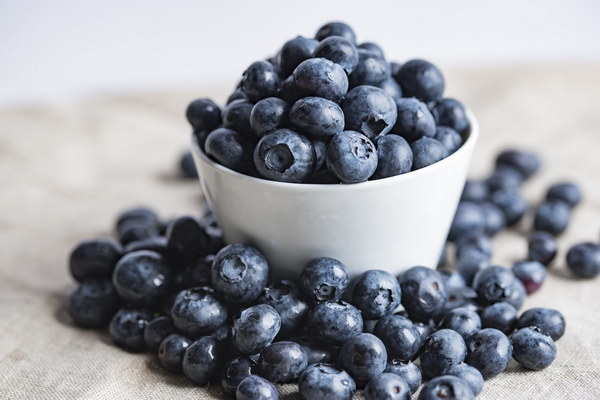Efficient Solutions Discover the Best Medications for Quick Dampness Removal in the Intestine
Introduction:
Intestinal dampness, also known as Damp-Heat in traditional Chinese medicine, refers to an imbalance in the body's moisture levels, leading to discomfort, bloating, and other digestive issues. In this article, we will explore the best medications available for quick dampness removal in the intestine, helping you achieve a healthier digestive system.
1. Herbs and Natural Remedies:
Herbal remedies have been used for centuries in traditional Chinese medicine to address various health issues, including intestinal dampness. Here are some effective herbal treatments:
a. Coptis Chinensis (Huang Lian): This herb is known for its cooling properties and is often used to relieve damp-heat symptoms such as diarrhea, constipation, and abdominal pain.
b. Paeonia Lactiflora (Bai Shao): This herb is known for its anti-inflammatory properties and is often used to alleviate abdominal pain and bloating caused by dampness.
c. Alisma Plantago-aquatica (Ze Xie): This herb helps to drain dampness and improve digestion, making it an excellent choice for treating intestinal dampness.
2. Over-the-Counter Medications:
In addition to herbal remedies, there are several over-the-counter medications available that can help alleviate intestinal dampness symptoms:
a. Loperamide: This medication is commonly used to treat diarrhea and can help control symptoms associated with intestinal dampness.
b. Simethicone: Simethicone is a digestive enzyme that helps to break down gas bubbles, reducing bloating and discomfort caused by intestinal dampness.
c. Probiotics: Probiotics can help restore the balance of good bacteria in the gut, which may be disrupted by dampness. They can be found in supplement form or in certain fermented foods like yogurt or kefir.
3. Prescription Medications:
In some cases, prescription medications may be necessary to treat severe cases of intestinal dampness. These may include:
a. Metronidazole: This antibiotic is often prescribed to treat infections caused by certain bacteria that can lead to dampness in the intestine.
b. Antifungal Medications: Antifungal drugs can help treat yeast infections, which may be related to dampness in the digestive system.
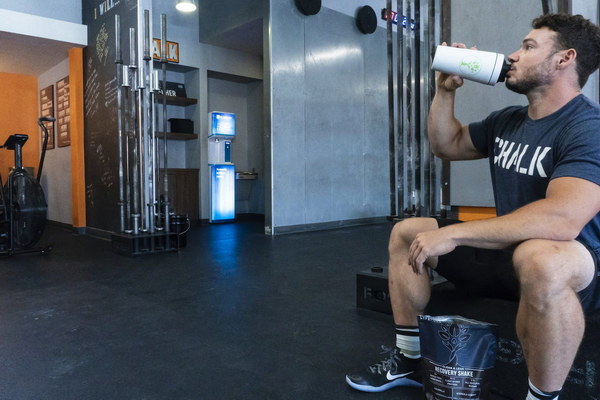
4. Lifestyle Changes:
In addition to medication, making lifestyle changes can also help alleviate intestinal dampness:
a. Diet: Avoiding greasy, spicy, and fried foods can help reduce dampness in the intestine. Instead, focus on a diet rich in fruits, vegetables, and lean proteins.
b. Exercise: Regular exercise can help improve digestion and reduce dampness in the intestine.
Conclusion:
Intestinal dampness can be a pesky problem, but with the right medications and lifestyle changes, you can effectively alleviate symptoms and achieve a healthier digestive system. Always consult with a healthcare professional before starting any new medication or treatment to ensure it is appropriate for your specific condition.
